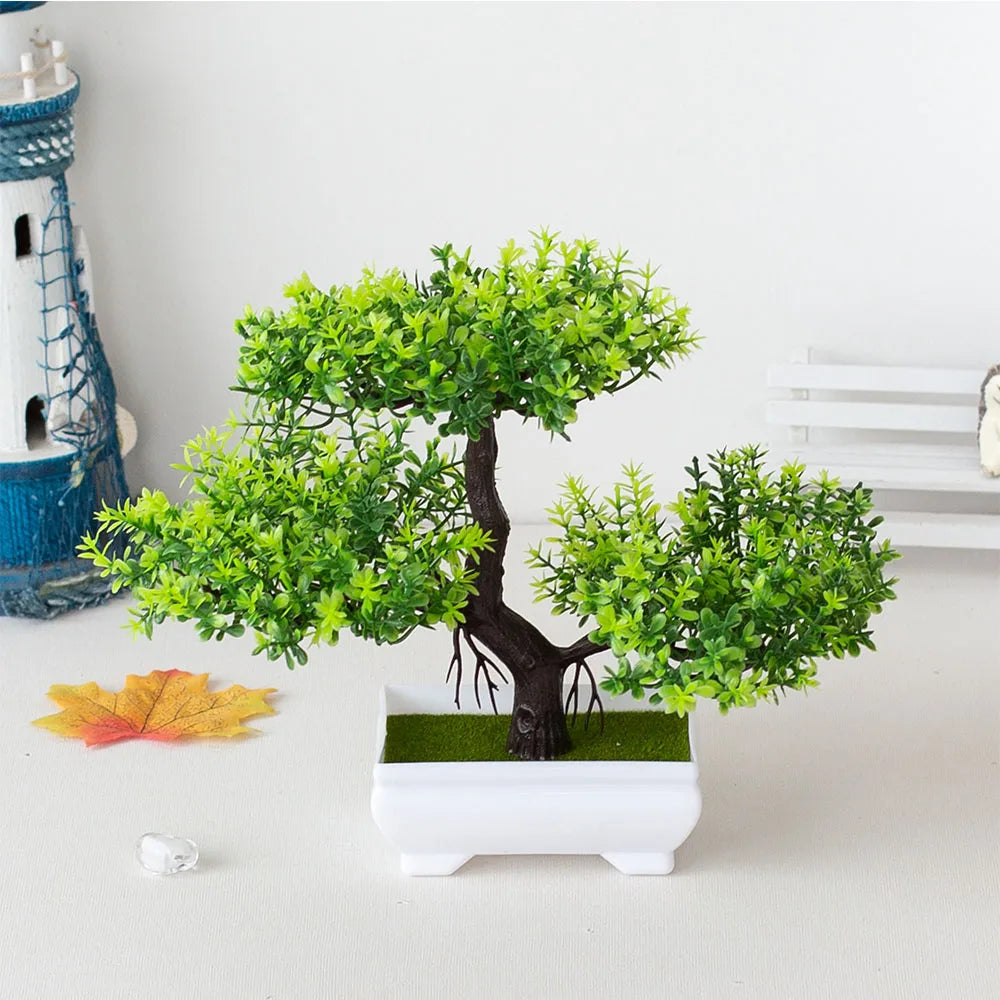
Stress-Free Living: Techniques to Manage and Reduce Stress
Share
Stress is a common experience in today's fast-paced world, but it doesn't have to take over your life. With the right strategies, you can mitigate its effects on your physical and mental well-being. Here are scientifically backed techniques to help you live a more stress-free life.
Practice Mindfulness

Mindful meditation with a singing bowl on a wooden floor (Photo: Conscience Design/Unsplash)
Mindfulness involves paying attention to the present moment without judgment. This practice has been extensively studied and is known to reduce stress by helping individuals manage their emotions more effectively. Research published in the journal JAMA Internal Medicine suggests that mindfulness meditation can improve anxiety, depression, and pain. To enhance your mindfulness sessions, consider adding the Artificial Plastic Bonsai Tree in Small Pot available at Living Utopia to your environment. The serene and natural appearance of this bonsai tree can help set the tone for a peaceful, distraction-free meditation space, encouraging a deeper connection with the present moment.
Exercise Regularly

Person running on a rural path under a bright blue sky (Photo: Jenny Hill/Unsplash)
Regular physical activity is one of the most effective ways to combat stress. Exercise lowers the body's stress hormones, such as cortisol, while simultaneously releasing endorphins, chemicals in the brain that act as natural mood elevators. The American Psychological Association (APA) highlights that even five minutes of aerobic exercise can stimulate anti-anxiety effects. Whether you prefer yoga, running, or weight training, staying active is key to managing stress.
Get Adequate Sleep

A cat peacefully sleeping under a cozy blanket (Photo: Kate Stone Matheson/Unsplash)
Quality sleep is essential for stress management. According to the National Sleep Foundation, sleep deprivation can significantly increase stress levels and decrease the ability to cope with daily challenges. Establishing a calming bedtime routine is crucial for ensuring restful sleep. The Macaron Glass Table Lamp available at Living Utopia can contribute to a relaxing atmosphere in your bedroom with its soft, warm glow, helping you to unwind before bed. Dimming the lights an hour before sleep can signal your body that it's time to rest, improving your sleep quality.
Connect with Others

Hand holding a smartphone with a social media 'like' notification symbol. (Photo: Karsten-Winegeart/Unsplash)
Strong social connections are vital for managing stress. A study published in PLOS Medicine found that individuals with strong social ties have a 50% higher likelihood of survival compared to those with weak connections. Social interactions provide emotional support, reduce feelings of loneliness, and increase feelings of belonging, all of which can help buffer the effects of stress.
Practice Relaxation Techniques

Inspirational card with the words 'Worry Less' placed alongside a cozy candle (Photo: Kelly-Sikkema/Unsplash)
Relaxation techniques, such as deep breathing exercises, progressive muscle relaxation, and guided imagery, are effective ways to reduce stress. The Mayo Clinic emphasizes that these techniques can slow heart rate, lower blood pressure, and reduce muscle tension, helping to mitigate the physical effects of stress. Taking just 10 minutes a day to practice relaxation techniques can have a profound impact on your overall stress levels.
By incorporating these stress management techniques into your daily routine, you can reduce the negative impact of stress on your life and improve your overall well-being. Remember, it's important to prioritize self-care and make time for activities that help you relax and unwind. Your mind and body will thank you for it!
With wellness and warmth,
The Living Utopia Team
